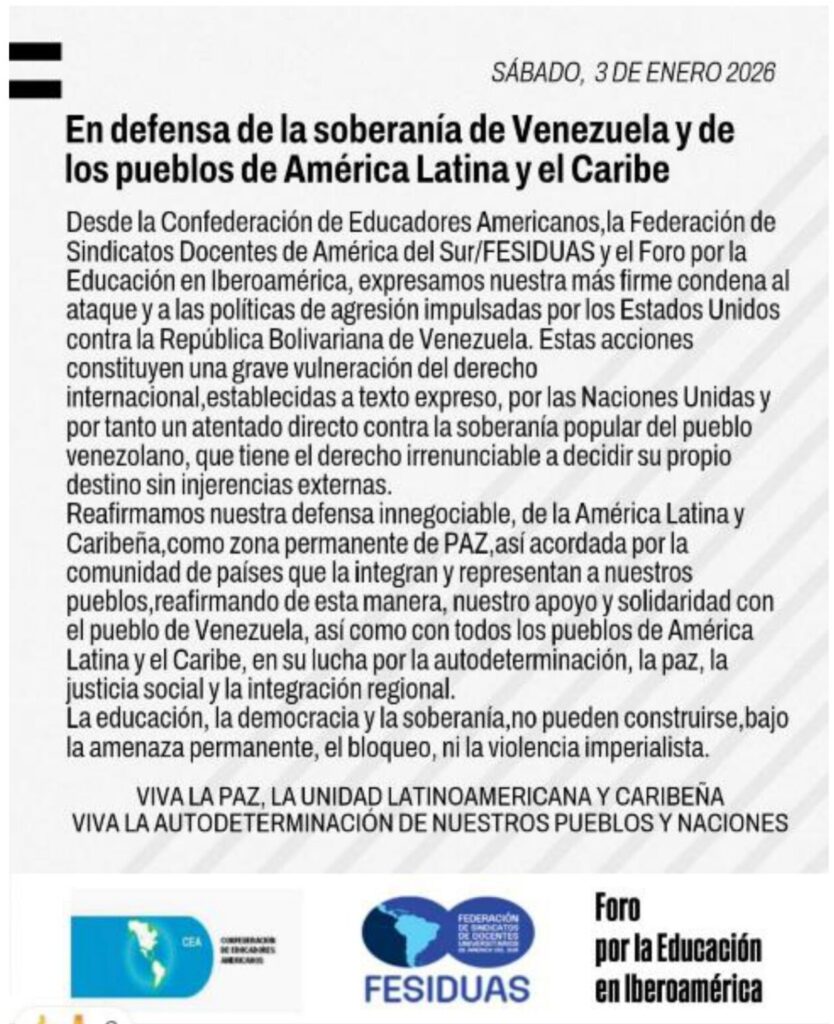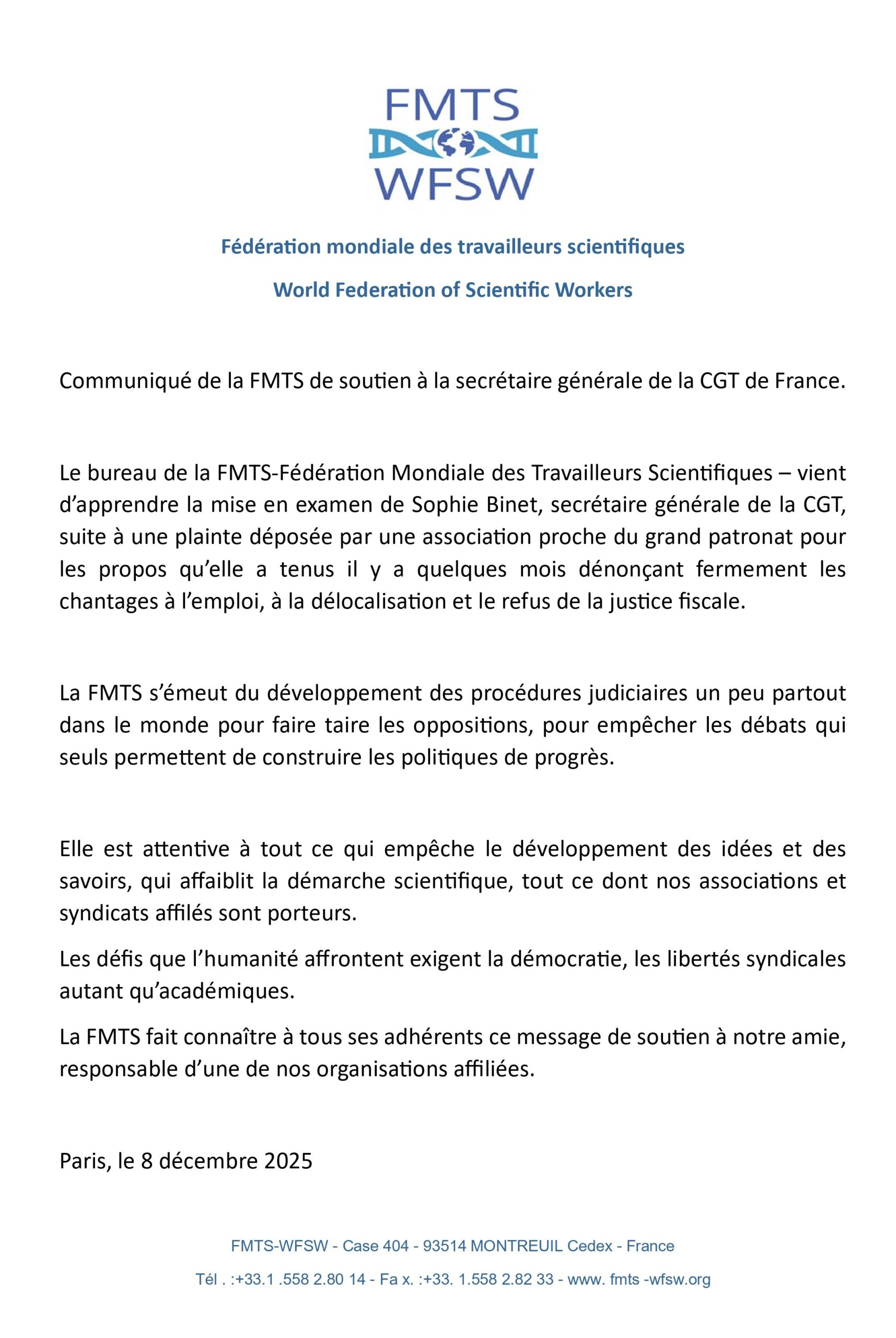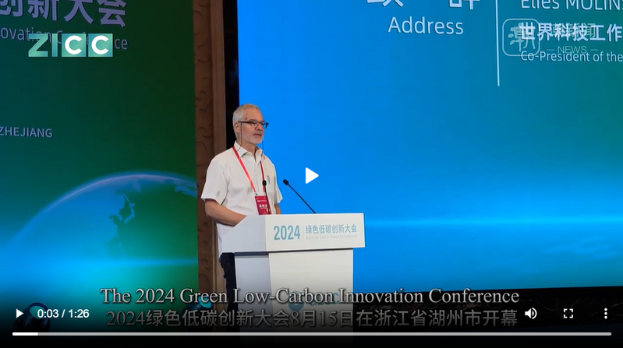Algier 2012-Rio June 2012 – official summit (Rio +20 Earth Summit) and anti-globalization “Peoples Summit”.
Algier 2012-Rio June 2012 – official summit (Rio +20 Earth Summit) and anti-globalization “Peoples Summit”.
In Rio, two gatherings took place that were completely unrelated in terms of both space and content. There was the United Nations Conference on Sustainable Development, called the “Earth Summit”, the fifth in a series of once-a-decade meetings inaugurated in Stockholm 40 years ago. Its other title, Rio +20, celebrated the 1992 conference, which had the distinction of developing the concept of sustainable development that links environmental and social issues, before it became including an advertising cliché. Rio 92 also saw the birth of Agenda 21, the Millennium Development Goals and the climate agreements behind the Kyoto Protocol. But what remains of all of this, what promises have been kept? At Rio 2012, for which hundreds of high-ranking officials and their assistants prepared texts in advance for an event with thousands of journalists and accredited delegates in attendance, what decisions and commitments kept the heads of state occupied? The final declaration hammered out by Brazil (which did not skimp on technology and security) is mostly wishful thinking, recommendations to countries and the United Nations General Assembly, but no binding commitments, much less an agenda. Seeing the difference between the resources marshaled and the results they produced induced dizziness, then indignation and anger.
Alongside the summit, if not in opposition to it, there took place a Peoples Summit that was much different in form, content, and space. It was a symbol that was held close to the city center next to the ocean, within range of pedestrians, buses, and subways rather than 40 km away in a bunkerized convention center like the UN Forum. During the weekend especially, we saw families and groups of young people, the people of Rio, make their way over the bridges spanning the ring road and join activists from around the world to take part in the Forum and the festivities. Over the course of a week, a series of workshops, seminars, plenary sessions, roundtables, general assemblies, and review meetings were held. Four main themes (Human Rights and Peoples’ Rights, ethical and philosophical fundamentals, access to wealth and public goods, and power and democracy issues) corresponded to four sets of tents, with social and environmental justice as the common thread among them.
The activists gathered were responsible for describing, challenging, and proposing alternative solutions. These three steps were well identified by the organizations responsible for the activities. The statutes of this forum, a Brazilian initiative, stated that while it was in fact a World Social Forum, it could depart from the founding charter and give itself the freedom to issue proposals for causes to fight against, such as militarization of states and territories, multinationals, criminalization of social movements, debt, and violence against women, and fight for, such as guaranteeing and advancing rights, control of public goods, food sovereignty, solidarity between peoples (a few days before, a coup ousted the elected president of Paraguay to put that country on the “right track”, meaning under the sway of the United States), even a global strike day!
We were there because education, research, and culture have a major role to play in the challenges that humanity and the planet must face, and the situation requires joint concerted involvement worldwide. We were there because the very ability to live on our spaceship Earth, the place where we live that we will pass on to our children, is at stake. Our participation focused on trade union initiatives, human rights, education, and disarmament. In particular, as a partner in the Global Sciences and Democracy Forum process, we participated in the workshop “Science and Technology for the preservation of the Earth and social justice”.
The highlight of the week was the demonstration in the city center, which brought together more than 50,000 people. It was colorful and there was lots of music (we were in Brazil, after all), but our protests still packed a punch. In conclusion, it can’t be denied, while the powerful of this world have failed if they were not accomplices to or even agents of our decreased living standards (some conceive of the struggle for the environment as a market) the necessary collective resistance by peoples is too low. People fight for themselves when the blows are dealt and are perceptible and perceived. The resources available to progressives are obviously not what they could be. This Peoples Forum experienced, as did previous social forums, logistical problems (translation, silence, meals) and, more importantly, under-representation of certain regions of the globe (for financial reasons). It is important that social movements in general participate in political debate to impose the measures necessary for social and environmental justice such as the creation of strong UN agencies funded by a financial transaction tax of and the reduction of military budgets.
Jean-Paul Lainé, August 30, 2012




